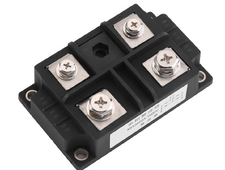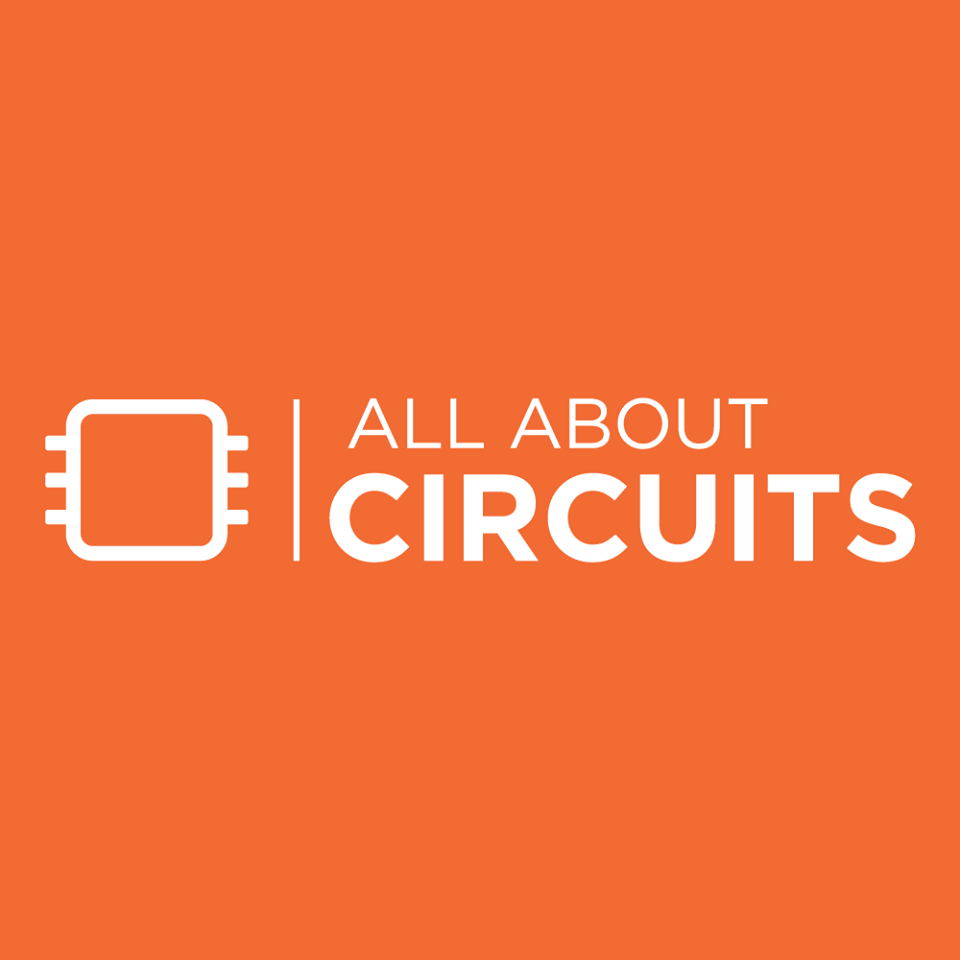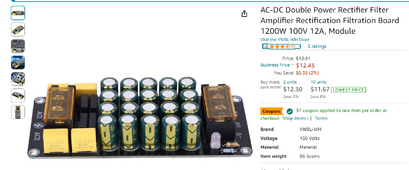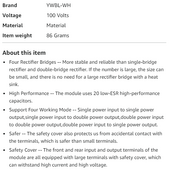I am planning on using a variable AC transformer that will take input of 120v AC and can transform to a range of 0 to 130 AC, this will feed a full bridge rectifier so I can vary the DC voltage peak once rectified. I will try unfiltered rectified AC into a 100v 60A MPPT in one of my all in one units.I wonder if one could just build a simple full wave DC rectifier circuit (4 diodes) to make a DC out of a 120v AC power source, and feed that into the PV input of your favorite MPPT charger (which has multiple battery bank voltage options), if the ripple wouldn't screw with it too much.
Example:
View attachment 185642
120v AC transformed to 70 AC x 1.414 would give me a peak of 98.98v DC.
I’m worried about the ripple and its potential impact on the MPPT, however I am hopeful there is a capacitor on the input side of the MPPT to smooth things out? I never checked how they operate.






